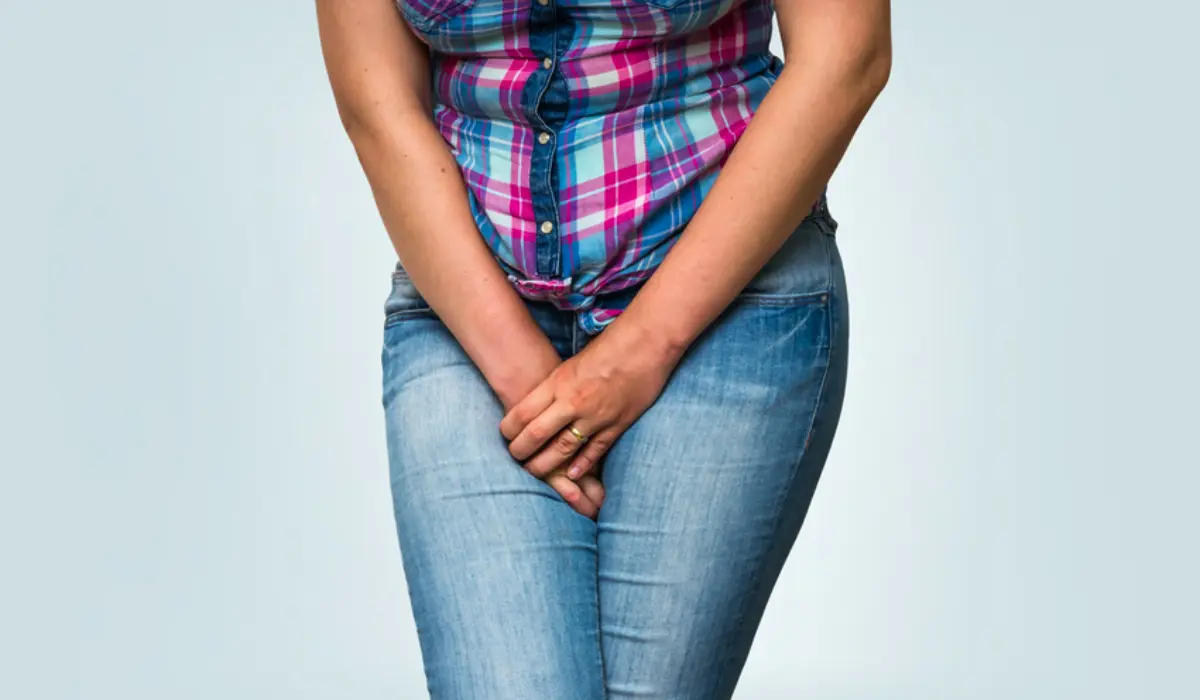Recently, a new vaccine called Gardasil has been developed with the purpose of preventing cervical cancer along with other conditions related to the human papillomavirus (HPV). HPV is a virus that can lead to a sexually transmitted disease and develop into genital warts. In some cases, certain strains of HPV lead to cervical cancer. The following is an overview of just how HPV vaccination works to prevent sexually transmitted disease and the symptoms of cervical cancer, as well as its recommended use and potential Gardasil side effects.
About HPV
The human papilloma virus (HPV) is most commonly associated with genital warts, an STD that develops as a result of contacting the virus through sexual activity. In fact, there are approximately forty types of HPV that are transmitted sexually. Some of these HPV strains may lead to cervical cancer in women, and other forms of cancer in both men and women. Other HPV types do indeed lead to genital warts. Often, individuals who have contracted HPV show no symptoms at all, and are unaware that they have been infected with HPV.
HPV is the most common sexually transmitted disease in the United States, and affects at least 50% of sexually active individuals at some point in their lives. There is no cure for HPV, but there are treatments available to help ease the symptoms of HPV.
What is Gardasil?
Gardasil is the first HPV vaccine developed, and is currently in use. Gardasil aims to prevent the development of cervical cancer, precancerous genital lesions, and genital warts that are caused by the human papillomavirus. The vaccine works by preventing the four most common types of HPV: HPV-6, HPV-11, HPV-16 and HPV-18. These strains are responsible for 70% of cervical cancer cases, and approximately 90% of all genital warts.
Who Gets the HPV Vaccine?
Currently, the HPV vaccine is recommended for all girls between the ages of 11 and 12. This is because the vaccine is most effective in women who have not been previously exposed to HPV due to sexual activity. The vaccine does not treat an HPV infection or its symptoms if an individual has already contracted the virus; however it can help protect women against other strains of HPV.
The vaccination can be administered as early as the age of nine in girls, and is also recommended for females between the ages of 13 and 26, given that they had not previously been vaccinated or have not completed the full series of HPV vaccinations.
HPV vaccination requires a series of three injections, to be completed within a six-month period: the second injection will be received two months following the first dose, and the last one is to be administered six months after the initial injection.
The cost of the HPV vaccine is approximately $120 per dose, for a total of $360 for the complete vaccination. In addition, Gardasil is covered by some health insurance plans.
Gardasil Side Effects
It is important to understand that this cervical cancer vaccine does not guarantee to prevent cervical cancer, particularly if the cancer develops as a result of other factors. Regular cervical cancer screening and Pap tests are still necessary to ensure sexual health.
Like all vaccines, Gardasil is associated with some side effects. However, studies have only found mild symptoms associated with an HPV vaccination. Gardasil side effects may include the following:
- mild soreness at the site of injection
- redness, itching or swelling at injection site
- mild or moderate fever
- allergic reactions; if these are severe, they will appear within several hours after injection and will require prompt medical attention
Gardasil is not recommended for the use of pregnant women. Speak to your health care provider about other potential risk factors before receiving the HPV vaccine.
The Future of the HPV Vaccine
Currently, the recommendations for the use of HPV vaccines are based on extensive studies following its effects on young women between the ages of 9 and 26. As such, this represents the recommended group who should receive the HPV vaccination. Because Gardasil has only recently come into widespread use, its long-term effectiveness has not yet been determined. However, Gardasil is known to remain effective for at least five years.
Another HPV vaccine aside from Gardasil is currently in clinical trials and may be available in the near future. In addition, current studies are looking at the effects of the HPV vaccine in preventing disease in males.


